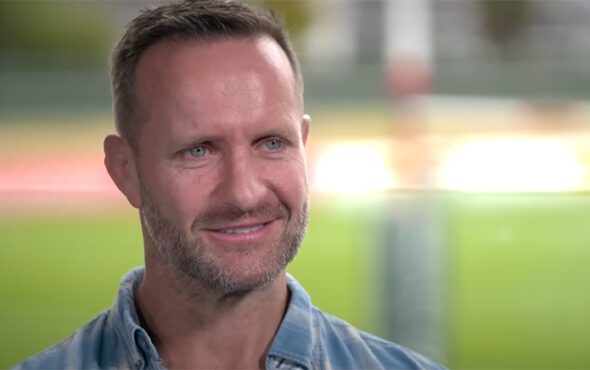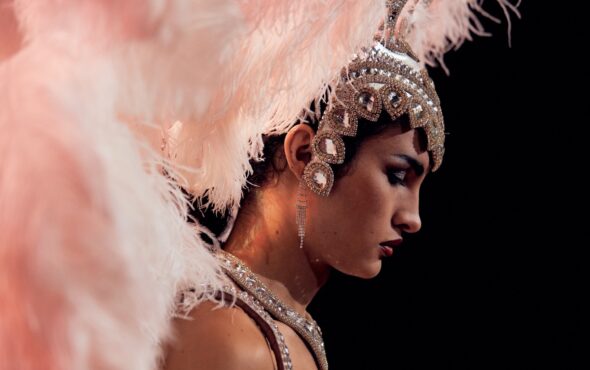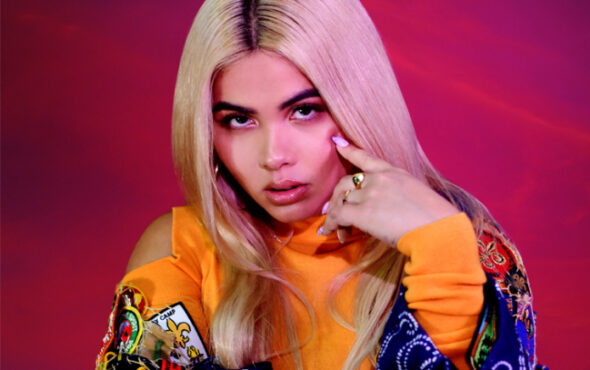
Rugby player Campbell Johnstone has opened up about his coming out journey in a new interview.
Back in January, the 43-year-old athlete made history when he became the first All Blacks player to come out as gay.
In an interview with TVNZ, the 43-year-old expressed his hopes of “taking away the pressure and the stigma” by opening up about his sexuality publically.
“Then the public will know that there is one in among the All Blacks, and it could be one of the final pieces of the puzzle sports-wise that gives everyone closure,” he further explained.
During his expansive and prolific career, Johnstone played three test matches for the All Blacks while appearing on various teams in his home country and overseas.
Since that fateful day, the former rugby star has remained an open book about his journey.
In a recent interview with CNN Sport, Johnstone discussed the struggles he faced before his aforementioned coming out announcement.
“I loved playing rugby. And then one day, this other side of me, my sexuality, was coming through, and I liked guys,” he revealed.
“That didn’t fit the picture, and that wasn’t part of my plan. I always pushed that to the back of my head and wouldn’t address it – just kept pushing it away and pushing it away and kept focusing on my goals.”
The former Ospreys player went on to say that as he continued to navigate his sexuality privately, he began to develop anxiety about living a “double life.”
Trailblazing All Black Campbell Johnstone ‘pushed away’ his sexuality as a player: https://t.co/5baPIBMEXV pic.twitter.com/qLNnrwCDh9
— CNN Sports (@cnnsport) February 23, 2023
“It was kind of like I was stuck between a rock and a hard place. Here was this game and this sport that I loved and enjoyed so much, yet I couldn’t be myself. And felt I was living a double life, basically,” he explained.
“I’d go home, and then the anxiety would rise, and then I’d go out the door, go to training. But that, funnily enough, was the enjoyment side, and it gave me the relief, eased the stress a bit.
“Then I’d come home and realise that I’m not actually being truthful to my teammates.”
Despite the hardships, Johnstone told the news outlet that he’s finally “at peace” and optimistic about rugby’s inclusive future.
“As long as coaches and players are very open-minded and provide a very caring and supportive culture and framework within the team, then I think it’ll progress very well,” he added.
Johnstone’s interview comes a few weeks after the New Zealand Rugby CEO Mark Robinson showcased his support for the talented athlete.
“On behalf of the New Zealand rugby community and as a former teammate, I want to acknowledge and support Campbell for sharing his authentic story,” he wrote in a statement.
“We want to be clear, no matter who you love, rugby has your back.”



